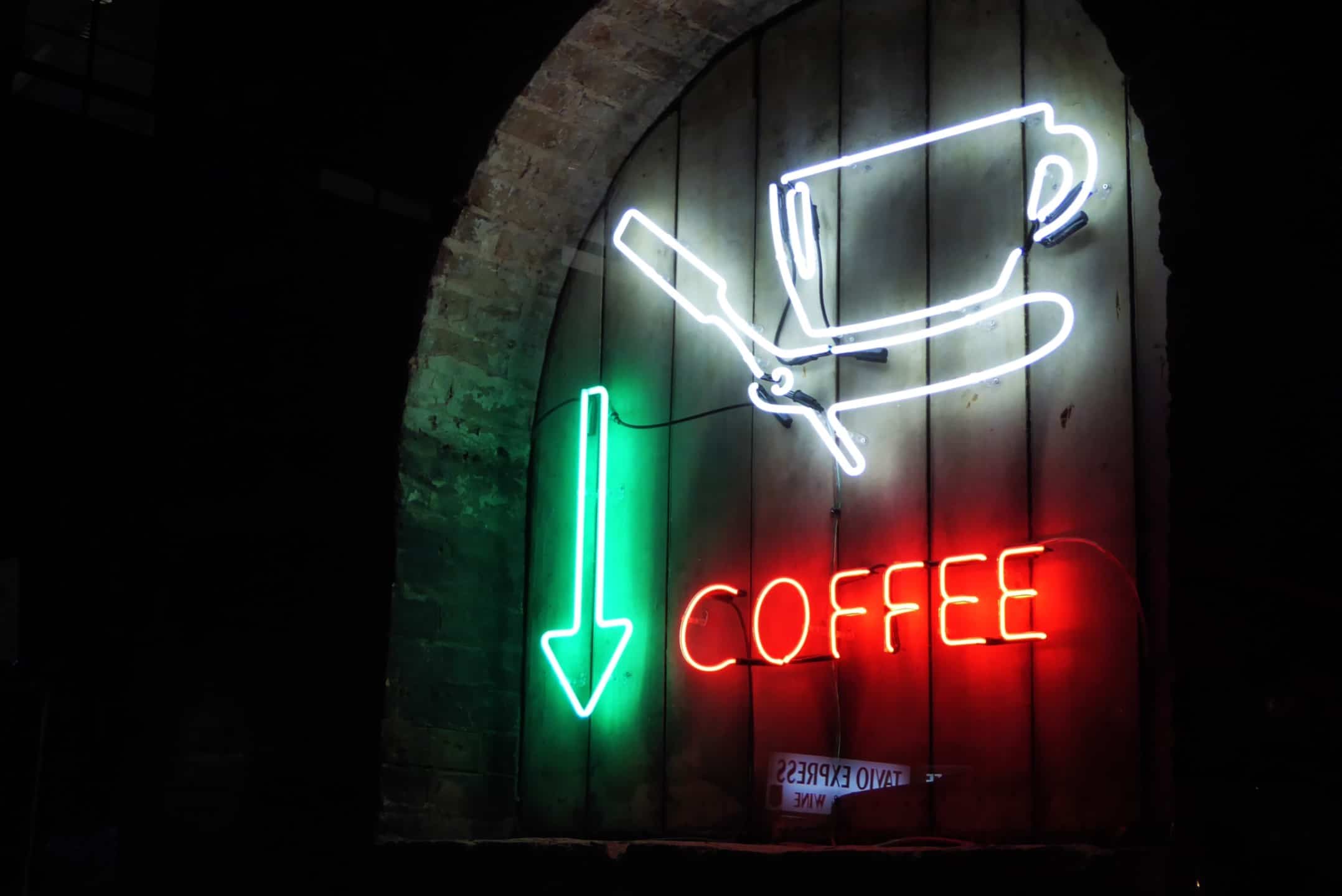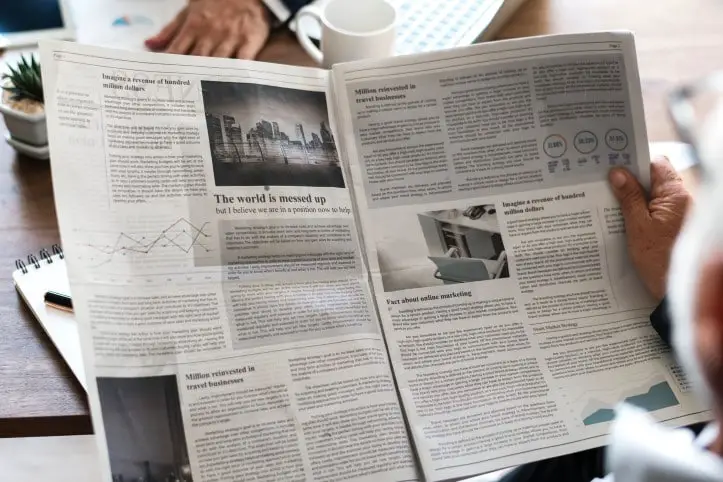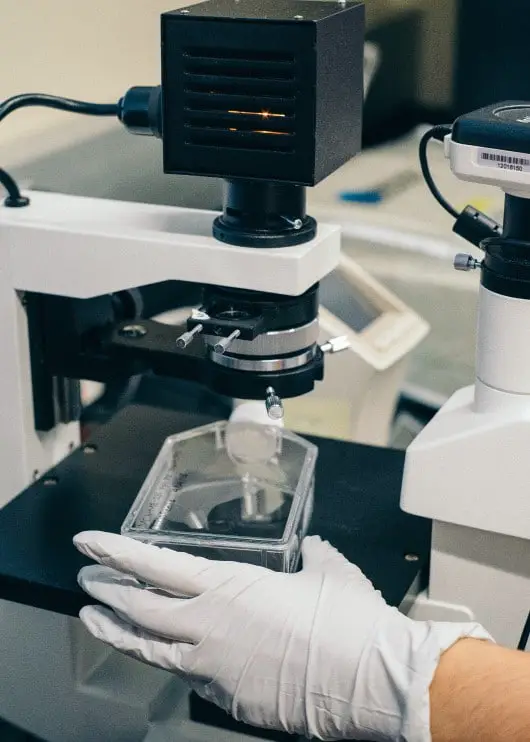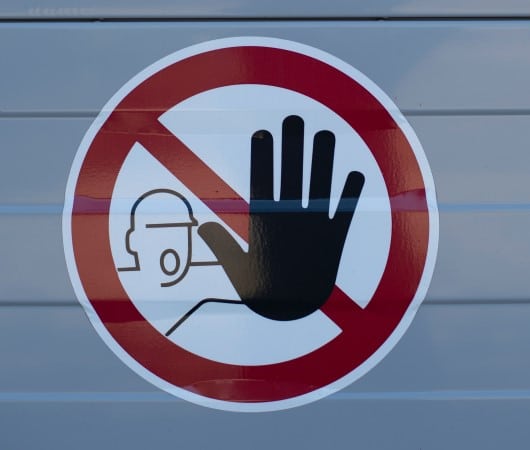
The Older You Get the More Caffeine Can Get You
By Jason Wooden, PhD
If you’ve found it harder to fall asleep after an evening cup of coffee as you’ve gotten older, your body is probably changing. Some people are naturally more resistant to caffeine effects than others based on genetics, gender, and hormonal changes.
Recent research has shown that over time you can become more sensitive to caffeine due to biochemical changes in the body as you age. For better sleep, you should reduce your caffeine intake and avoid it later in the day.
Are you a long-time coffee drinker? Have you lately found yourself having trouble getting to sleep when before it wasn’t a big deal? Well, here’s a newsflash – your body may be changing.
Caffeinated beverages such as coffee and cola are popular around the world. Millions use caffeine to offset fatigue or improve concentration during the day.
Traditionally, the advice has been to avoid caffeine later in the day so that it doesn’t keep you awake at night. In fact, afternoon caffeine consumption has been found to interfere with sleep.
However, we all know those people who can boldly drink coffee in the evening and still fall asleep. (Although, some might argue their sleep isn’t as restful sleep as it could be).
So, what exactly does caffeine do to the body?
Caffeine interferes with adenosine, a chemical in the body that works as a sleep factor. Adenosine binds to nerve cells in the brain to slow down their activity and promote sleep.
So when you get your favorite drip coffee or expresso shot, it keeps adenosine from doing its job which is what makes you feel more awake and alert.

The latest news on caffeine and getting older
Based on a recent study in Brazil, you may want to rethink drinking coffee at night even if it currently doesn’t appear to affect your sleep.
In a survey of over 75,000 participants, researchers found that almost a fifth of the respondents became more sensitive to caffeine as they got older and experienced more problems with sleep.
These individuals reported that it took them longer to fall asleep and that their sleep was poorer.
It has long been known that some people are more sensitive to caffeine than others. Many factors have been found to affect caffeine sensitivity – genetics, gender, hormonal changes, but also age.

What’s happening to the caffeine in your body as you get older?
Okay, so what could be happening as you get older?
CYP1A2, an enzyme in the liver, plays a big role in caffeine sensitivity. It breaks down caffeine to help the body get rid of it.
CYP1A2 activity has been found to decrease with age which is thought to make older people more sensitive to caffeine.
For those hotshots who are able to consume caffeine in the evening and still sleep, it could be that you hit the genetics jackpot with a better than average CYP1A2 enzyme which helps to protect you from the usual caffeine effect.
What the Brazilian study and other research suggest is that over time things can eventually catch up with you – your enzyme activity drops off bringing you back to the pack.

Don’t forget about the other caffeine downsides as you get older
Caffeine can make it harder to go to sleep and stay asleep. (You may also have to go to the toilet more often.)
As you age and become more sensitive to caffeine, there are other downsides worth keeping in mind:
- anxiety (learn more)
- dehydration
- dizziness
- headaches
- abnormal heart rhythm
- addiction
Nonetheless, even if it seems that the caffeine isn’t keeping you from falling asleep as you get older, it might still be worth cutting back on the caffeine in the evening as you may not be sleeping as deeply as you could.
When it comes to restful and restorative sleep, it’s not just how long you sleep but also how well.
5 Things to remember about caffeine and getting older:
1. Caffeine effects on sleep taken 0, 3, or 6 hours before going to bed. Journal of Clinical Sleep Medicine, 2013, volume 9, issue 11, pages 1195–1200.
2. Distinct sensitivity to caffeine-induced insomnia related to age. Journal of Psychopharmacology, 2018, volume 32, issue 1, pages 89-95.
3. CYP1A2 and coffee intake and the modifying effect of sex, age, and smoking. American Journal of Clinical Nutrition, 2012, volume 96, issue 1, pages 182–187.
4. Coffee, caffeine, and sleep: A systemic review of epidemiological studies and randomnized controlled trials, Sleep Med Rev. 2017; 70-78.
5. Coffee consumption and health: umbrella review of meta-analyses of multiple health outcomes, BMJ 2017; 359.
Connect with us:
About Us
Better Sleep Simplified® was founded as a place for you to get clear and well-researched information.
Our goal is to make sure you know about your options so that you take action sooner rather than later.
Check us out on YouTube:
Watch and Learn
Helpful sleep tips, interesting sleep facts and statistics you want to know about
Affiliate Disclosure
This site is a participant in the Amazon Services LLC Associates Program and other affiliate advertising programs designed to provide a means for sites to earn advertising fees by advertising and linking to them.
Important: BetterSleepSimplified.com is for informational purposes only and is not intended or implied to be a substitute for professional medical advice, diagnosis, or treatment. Always consult a physician for sleep and health concerns. See additional information.
